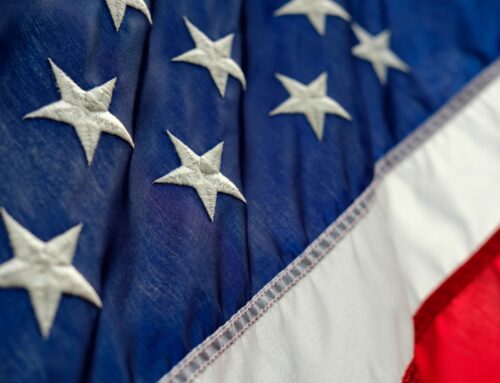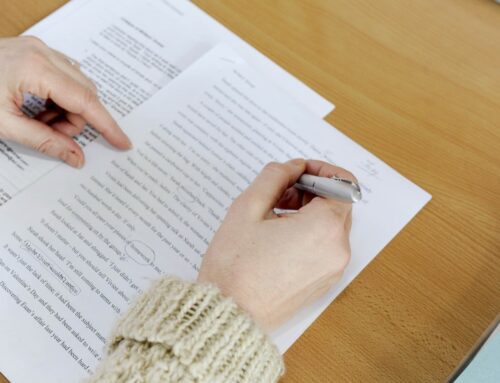There are many large program RFPs scheduled for release in the next few months. These programs include NETCENTS2, CIOSP3, CIMS, CTS, EAGLE2, S3, and others. The companies who will win these competitions will be those who PLAN TO WIN very early in the game.
Whether your company is large or small, there are a few universal guidelines that will help you BE PREPARED to write a winning proposal:
1. Capture Plan – You would be surprised to know how many large and small businesses begin writing their proposal without an adequate Capture Plan. If your company can’t prepare a plan before RFP release that lays out a compelling technical approach, an efficient service strategy, appropriate subcontractors, an effective staffing plan, and a responsive pricing approach, then save your money and no bid, or look to team with a strong prime contractor.
2. Proposal Staffing – Companies know how critical it is to prepare proposals that win contracts, and yet nearly all are often guilty of failing to assign strong personnel to their proposal teams. Those companies that can resist the temptation to force fit currently available employees onto the proposal team generally have better long-term results.
3. Proposal Consultants – If you need to use proposal consultants, call the consultants early. This sounds obvious. However, in my experience almost 75% of companies who engage consultants do so only a few days in advance. The cost of delaying so long is that those companies fail to get the best consultants and have to pay too much for the consultants they hire. If they would just call a few weeks in advance, this would give the consultant group time to select the best qualified and least costly consultants for the assignment.
4. Proposal Training and Mentoring – Nearly all companies have to use technical personnel who lack the necessary proposal experience to assist in preparing the technical solution for proposal. Rarely, however, does the company provide training for these technical personnel in proposal preparation techniques. A public or private training class will help your technical Subject Matter Experts (SME’s) gain insight into the task of converting their state-of-the-art technical solution into a winning story. As another option, an experienced Technical Volume Manager can help facilitate the work of the technical authors by coaching them, helping them develop their outlines, and then iterating their proposal sections back and forth.
5. Competition Analysis – In today’s market a company planning to win a contract needs to generate enough advanced information to estimate the winning price range. Part of this involves working with the customer long enough to determine what is his/her budget and preferences. But the other part of the equation is estimating what solution / price will be needed to beat the competition. This usually involves engaging a qualified specialist or firm to conduct a Price-to-Win (PTW) or the more rigorous Competitive Analysis (CA) evolution.
These five suggestions – highlighting the advantages of early preparation – are far from complete. However, those companies who wait for release of the solicitation to begin work on their proposals generally have a win rate of 10% or less. How far in advance of the RFP’s release you need to start will be determined by how complex the program is and how badly you want to win.





Leave A Comment